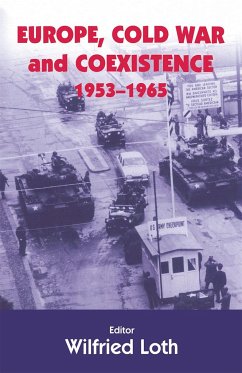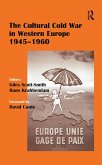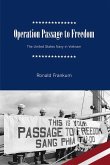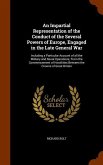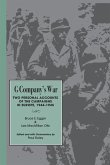This title examines the role of the Europeans in the Cold War during the "Khrushchev Era" (1953-65). It was a period marked by the struggle for a regulated co-existence in a world of blocs, an initial arrangement to find a temporary arrangement failed due to German desires to quickly overcome the status quo. It was only when the danger of an unintended nuclear war was demonstrated through the crises over Berlin and Cuba that a tacit arrangement became possible, which was based on a system dominated by a nuclear arms race. The book provides useful information on the role of Konrad Adenauer and the beginnings of the German "new Eastern policy," as well as examining the Western European power policy in the era of Harold Macmillan and Charles de Gaulle.

